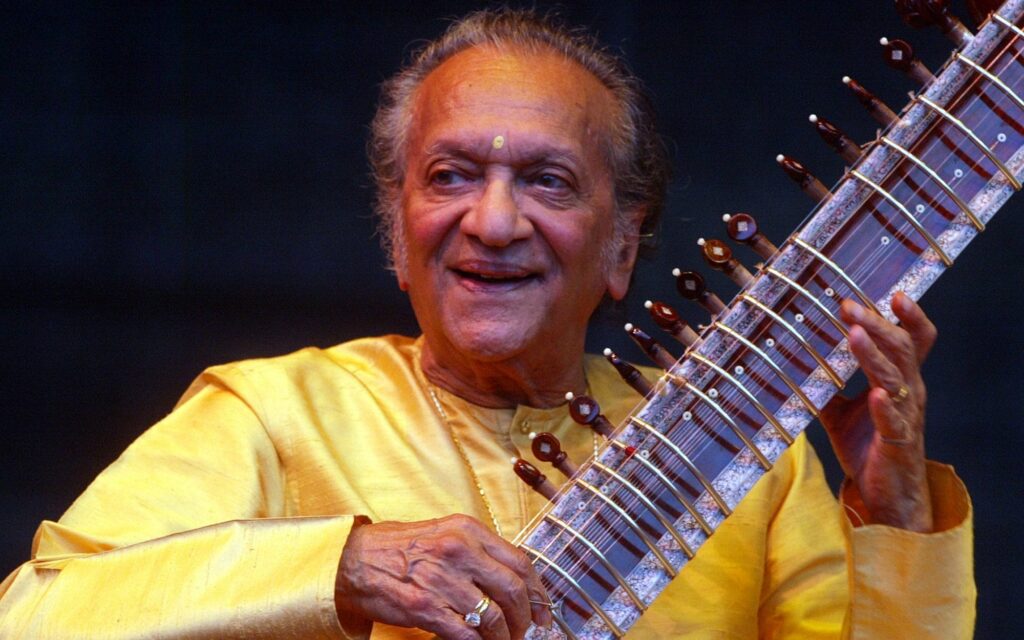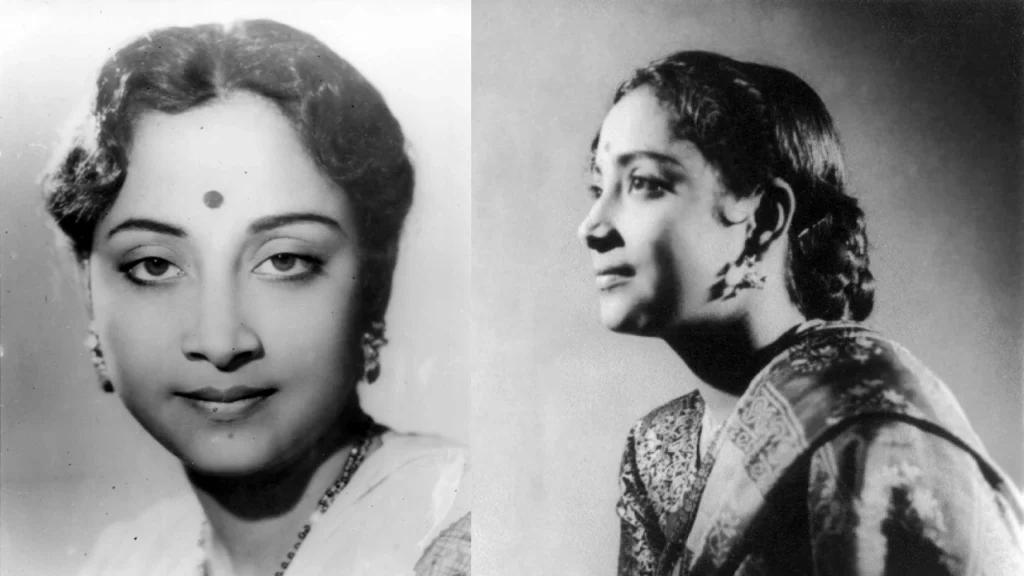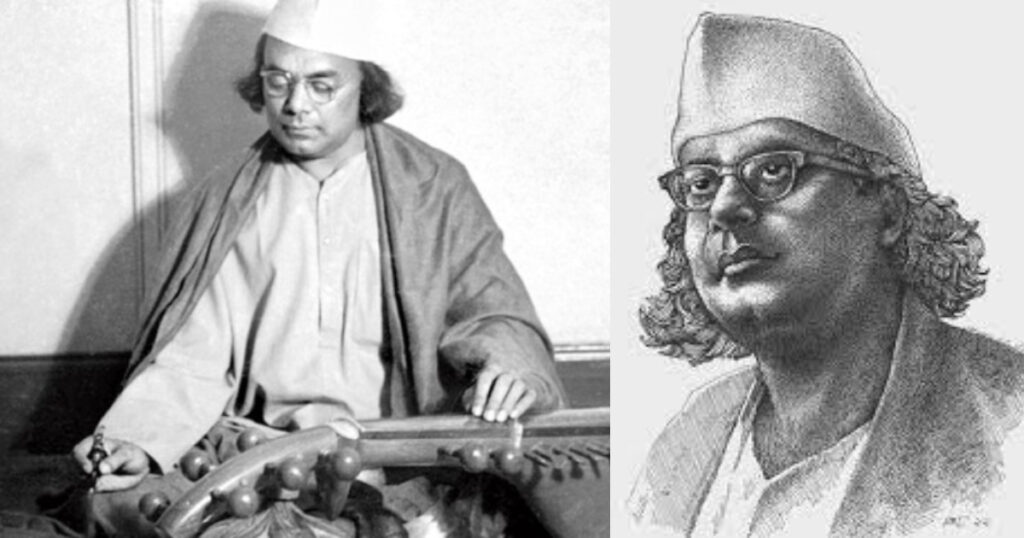Title: Ravi Shankar: The Maestro of the Sitar and Ambassador of Indian Music
Introduction
Ravi Shankar, a legendary figure in the world of music, was an Indian sitarist and composer whose influence stretched far beyond the boundaries of his homeland. Born on April 7, 1920, in Varanasi, India, and passing away on December 11, 2012, he is celebrated as one of the most significant musicians of the 20th century. Renowned for his virtuosity on the sitar, Ravi Shankar’s contribution to North Indian classical music and his impact on the global music scene is immeasurable. His exceptional talent earned him accolades, including India’s highest civilian honor, the Bharat Ratna, in 1999.
Early Life and Musical Beginnings
Ravi Shankar was born as Robindro Shaunkor Chowdhury into a Bengali Brahmin family with a deep-rooted love for music. His early exposure to music came from his mother, who was a singer and dancer, and his brother, Uday Shankar, a famous dancer and choreographer. Under Uday Shankar’s tutelage, Ravi Shankar began his artistic journey as a dancer. However, destiny had other plans for him.
His fascination with the sitar and Indian classical music led him to pursue music seriously. He trained under the guidance of Ustad Allauddin Khan, one of the most esteemed music teachers of the time. Ravi Shankar’s dedication and passion for the sitar soon became evident, and he embarked on a lifelong journey to master this intricate instrument.
The Sitar Virtuoso
Ravi Shankar’s commitment to his craft was unwavering, and he developed a unique and innovative style of playing the sitar. He was not only a virtuoso but also a visionary who expanded the horizons of Indian classical music. His performances were characterized by their mesmerizing melodies, intricate rhythms, and profound emotional depth. He had an incredible ability to transport audiences to a different realm through his music.
International Recognition
Ravi Shankar’s talent transcended borders, and he soon gained international recognition. He embarked on global tours, captivating audiences in Europe, the United States, and other parts of the world. His collaborations with renowned Western musicians, such as George Harrison of The Beatles and Yehudi Menuhin, introduced Indian classical music to a wider audience and created a fusion of sounds that resonated with people of various cultures.
Impact on World Music
Ravi Shankar’s influence on world music cannot be overstated. He played a pivotal role in popularizing Indian classical music on the global stage. Through his performances, compositions, and collaborations, he broke down cultural barriers and fostered a greater appreciation for the rich traditions of Indian music. His influence extended to genres as diverse as rock, jazz, and electronic music, inspiring countless artists to explore new musical horizons.
Awards and Honors
In recognition of his outstanding contributions to music and culture, Ravi Shankar received numerous awards and honors throughout his lifetime. Apart from the Bharat Ratna, India’s highest civilian award, he was also a recipient of the Grammy Lifetime Achievement Award, the Padma Bhushan, and many other prestigious accolades.
Legacy
Ravi Shankar’s legacy lives on through his music and the countless musicians he inspired. His daughters, Anoushka Shankar and Norah Jones, have continued his musical tradition, each achieving great success in their respective genres. His impact on the world of music and his role as a cultural ambassador for India remains unparalleled.
Conclusion
Ravi Shankar’s life was a testament to the power of music to transcend boundaries and connect people from diverse backgrounds. His mastery of the sitar and his pioneering spirit not only enriched Indian classical music but also left an indelible mark on the global musical landscape. Ravi Shankar’s legacy continues to inspire musicians and music enthusiasts worldwide, ensuring that his music will resonate for generations to come.
Reference
- https://en.wikipedia.org/wiki/Ravi_Shankar
- ChatGPT



